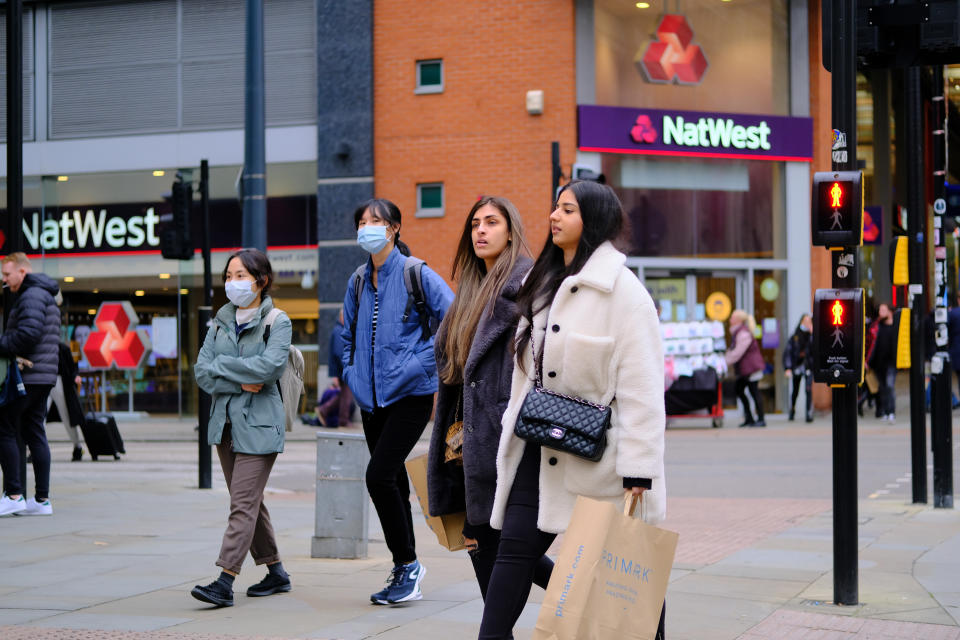Northern Powerhouse worst hit by pandemic

The North of England has seen more deaths and greater economic hardship during the pandemic than any other region in England.
An extra 57.7 more people per 100,000 died in the Northern Powerhouse region than the rest of the country between March and July this year. And 12.4 more people per 100,000 died with COVID-19 in the North.
The disproportionate effect of the coronavirus crisis has exacerbated inequalities, according to a new report by the Northern Health Science Alliance.
Reductions in mental well-being in the North including the cities of Hull, Leeds, Liverpool, Manchester, Newcastle and Sheffield, could cost the UK economy up to £5bn ($6.6bn) in reduced productivity says the study.
And the economic impact of the increased mortality is estimated to be £6.86bn ($9bn).
READ MORE: UK core cities and 24 universities join forces to share post-pandemic recovery plans
Pre-pandemic child health, a predictor of life-long health and economic productivity, was poor and deteriorating in the Northern Powerhouse region. And since the pandemic adverse trends in poverty, education, employment and mental health for children and young people have also worsened.
Lead researcher Professor Kate Pickett said: "COVID-19 has brought into sharp focus the unacceptable inequalities in health and life chances suffered by children in the North. We need policies now that support our families and children during and following the pandemic."
Professor of public health, Clare Bambra from Newcastle University said the North needed immediate investment to "level up".
The report authors recommended 12 steps to stop inequalities rising faster.
These included additional test and trace systems, targeting the clinically vulnerable and deprived communities in the first phase of the roll out of the COVID-19 vaccine, reducing child poverty and investing in mental health interventions.
Watch: What is inflation?

 Yahoo Finance
Yahoo Finance 